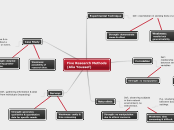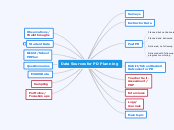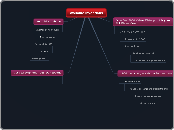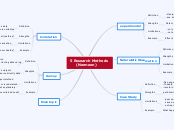af Alia Youssef 10 år siden
260
Five Research Methods
There are five key research methods utilized in various fields: correlation, surveys, experimental techniques, naturalistic observation, and case studies. Correlation examines the relationship between two variables, while surveys gather data and opinions from individuals.









